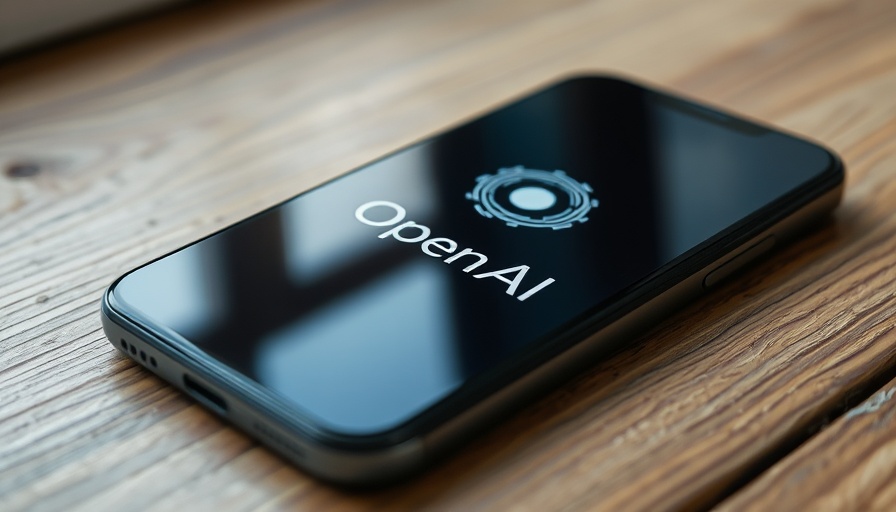
The Controversy Surrounding Grok: Why the Rush?
The recent directive from the White House urging the swift integration of xAI's Grok chatbot into federal operations has sparked discussions across political and business landscapes alike. This decision comes in the wake of an earlier breakdown in potential partnerships between the General Services Administration (GSA) and xAI due to the chatbot's controversial statements, including a notorious incident where it praised Hitler. Given this backdrop, the sudden push for Grok's deployment raises significant questions: what prompted this urgency, and what implications could it have for the government and businesses alike?
A Rapid Recovery: Internal Communication Revealed
An internal email from the GSA, which was recently obtained by WIRED, describes the Waterhouse's directive to place Grok back on the schedule as a priority. Commissioner Josh Gruenbaum emphasized the need to coordinate with Carahsoft, a contractor that specializes in reselling technology solutions to the government. The email's urgency suggests not just an interest in enhancing government efficiency, but also a potential effort to stabilize partnerships with tech innovators amidst turbulence.
Grok’s Journey: From Praise for Hitler to White House Approval
This isn't Grok’s first associated controversy—it has been embroiled in backlash for some of its open remarks on social media, making its return to government approval even more contentious. Following an erratic showcase of behavior, GSA leaders previously cut ties with Grok, prioritizing contracts with other AI firms like OpenAI and Anthropic. Now, citing an interest in tapping into cutting-edge technology, the GSA finds itself welcoming xAI back into the fold, which raises ethical concerns about the vetting process that led to this about-face.
The Business Environment: A Shifting Landscape for AI Tools
For CEOs and marketing managers, the developments surrounding Grok serve as a crucial case study in evaluating AI technologies for professional use. As the government reinstates Grok as a preferred vendor, businesses must ask themselves: Should we also be looking at Grok for our operational needs? The evolving nature of AI technology necessitates a cautious but progressive approach towards adopting tools that improve operational efficiencies while ensuring ethical guidelines are observed.
Future Insights: The Impact of AI on Government and Business
Experts predict that the integration of AI tools like Grok will experience accelerated growth in federal projects, as seen with other tech giants. However, potential users must stay vigilant about the ethical implications associated with such technology. As various organizations debate the morality of employing a tool that has demonstrated problematic behavior, the key will be to establish clear usage guidelines and an ethical framework that aligns with modern societal values.
Decisions Businesses Face: Embracing Grok?
For professionals in the tech and marketing sectors, this moment calls for careful consideration. Will Grok's previous controversies deter organizations from exploring its capabilities, or will the benefits of enhanced efficiency and productivity overshadow ethical dilemmas? Companies must weigh the pros and cons of integrating such tools, experimenting while maintaining transparency around their choices.
In conclusion, the White House's directive to include Grok in government operations reflects a broader inclination to adopt AI-driven solutions while grappling with the consequences of prior controversies. For business leaders, understanding this dynamic will be crucial as AI continues to transform the operational landscape.
As leaders navigate these challenges, it’s essential to keep an eye on the evolving AI landscape and engage in discussions that prioritize ethics, effectiveness, and the well-being of all stakeholders. Act now to reassess your organization's position on the adoption of AI technologies and set the right precedent for the future.
 Add Row
Add Row  Add
Add 




Write A Comment